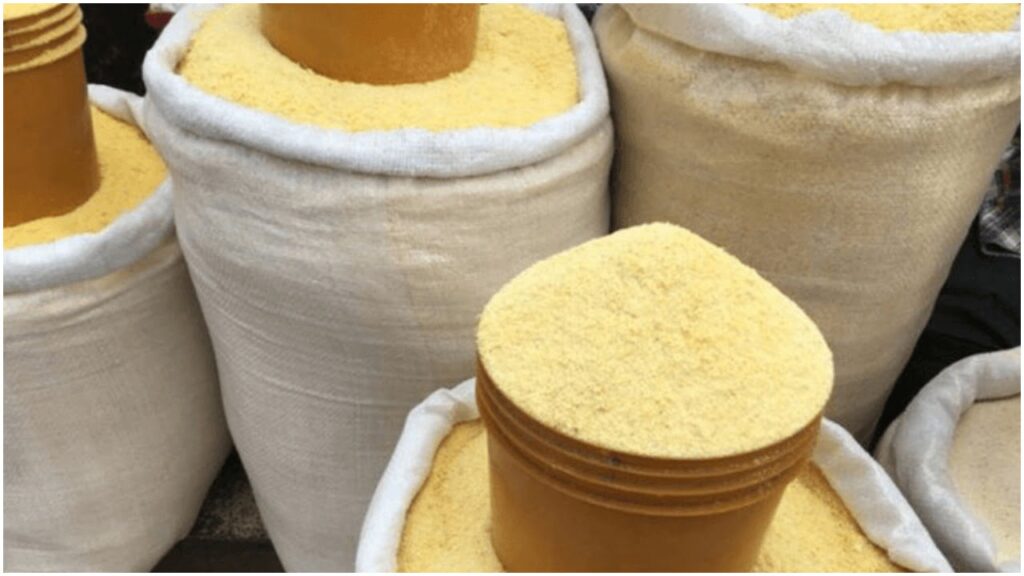
Despite a bountiful harvest of cassava, the price of garri remains high in the market. This phenomenon can be attributed to several factors. While more farmers cultivated garri last season, weather conditions affected their yields. However, the main challenge lies in the demand for cassava starch from industries that produce wine and other goods, offering higher prices than food processing companies.
This has resulted in a shortage of raw materials for food processing, leading to an increase in the price of garri. If this trend continues, garri could become a luxury item, with alternative, artificial foods becoming more prevalent. These alternative foods could have long-term health consequences, including diseases like cancer.
The alarming rise in cancer cases in Nigeria, even among the average and poor populations, is concerning. It highlights the need for a sustainable food system that prioritizes healthy, locally produced food.
To mitigate this issue, it’s essential to:
Encourage more youth and farmers to engage in large-scale food production.
Implement policies that support local food production and processing.
Promote sustainable agricultural practices that ensure food security and safety.
The future of our food system is uncertain, and it’s crucial that we prepare for the challenges ahead.
Senbadejo Olawale writes from Ijebu-North Local Government Area of Ogun State.










